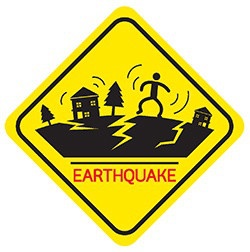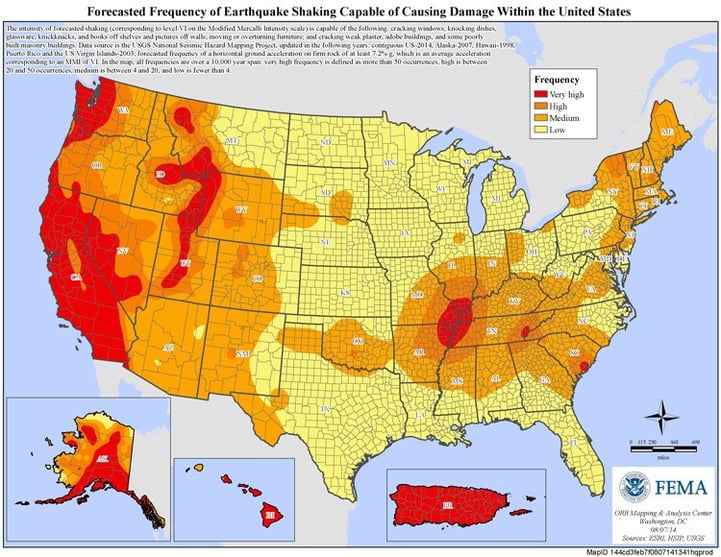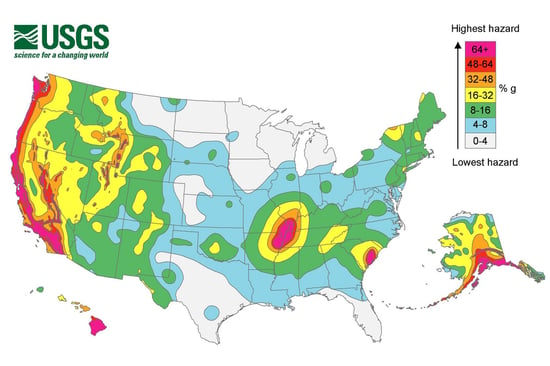 When you hear the word earthquake, you likely think of the West Coast. But earthquake zones are not limited to coastal regions. In 2015, the most earthquakes actually occurred in Oklahoma, not California. FEMA reminds us that “all 50 states and 5 U.S. territories are at some risks for earthquakes.” And unlike hurricanes and tornadoes which tend to occur in specific seasons, earthquakes can happen at any time during the year.
When you hear the word earthquake, you likely think of the West Coast. But earthquake zones are not limited to coastal regions. In 2015, the most earthquakes actually occurred in Oklahoma, not California. FEMA reminds us that “all 50 states and 5 U.S. territories are at some risks for earthquakes.” And unlike hurricanes and tornadoes which tend to occur in specific seasons, earthquakes can happen at any time during the year.
Midwestern earthquakes are more common than you think. The New Madrid Seismic Zone creates a potential earthquake hazard for those living in the Midwest. The epicenter is in Missouri, but the damage can be felt throughout the region. Although it has been over 200 years since the last major earthquake in this zone, the New Madrid still rattles the Midwest with approximately 200 small to moderate earthquakes a year. It is the most seismically active area of the country, east of the Rocky Mountains.
Take a look at these maps to understand the earthquake risks in your area:
How can you protect your home and family from a potential earthquake? One option is to consider insurance coverage. Traditionally, homeowners policies exclude coverage for damages caused by earthquakes. Talk to your advisor to find out what is covered under your current policy and options for purchasing earthquake coverage.
The cost of earthquake coverage often varies by state. It also takes into consideration several factors – the value of your home, the materials used to construct it, and how close you are to a seismic zone. The deductibles for earthquake policies are based on a percentage of your overall policy limit, so they can be much higher than your standard homeowners policy.
It is important to understand what the earthquake policy covers, as they do vary. Does it cover repairs to your home and attached structures? What about other structures on your property like a shed or fence? Are there any exclusions on the coverage related to your personal belongings, any limits on specific types of items? What about additional living expenses should you have to stay in a hotel while your home is in disrepair?
Even if you decide earthquake insurance isn’t right for you, it is important to maintain an emergency fund to help in case of disaster. Also, take time to understand basic earthquake safety tips - visit America’s PrepareAthon for comprehensive resources.
Understanding your individual risk for earthquakes is essential in determining whether you and your loved ones need earthquake coverage. Find out what your current homeowners policy covers and discuss the options for earthquake coverage with your advisor to help decide what is best for you, your family, and your home.






